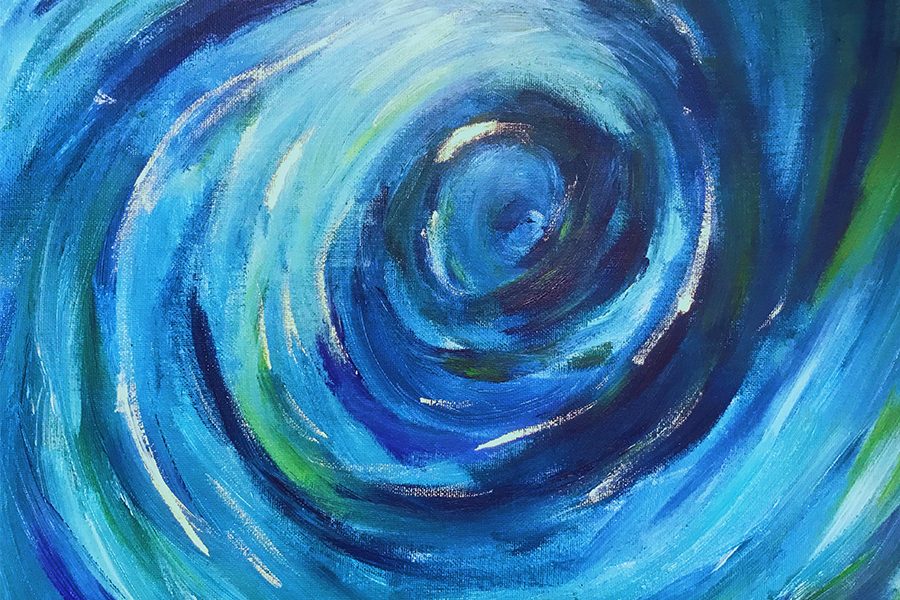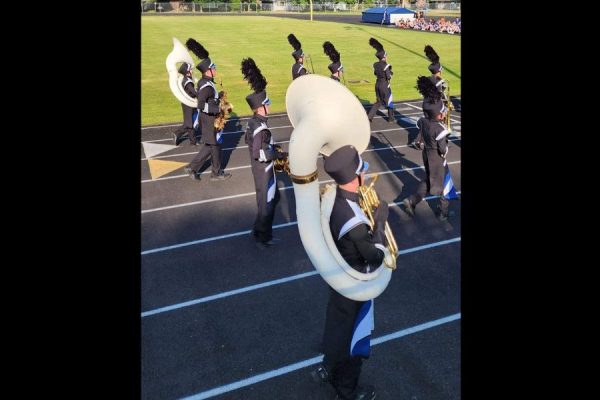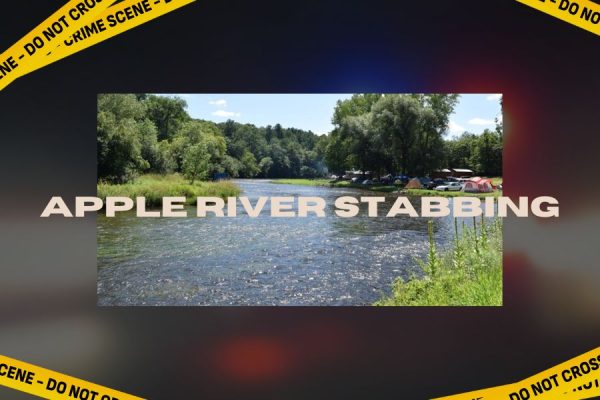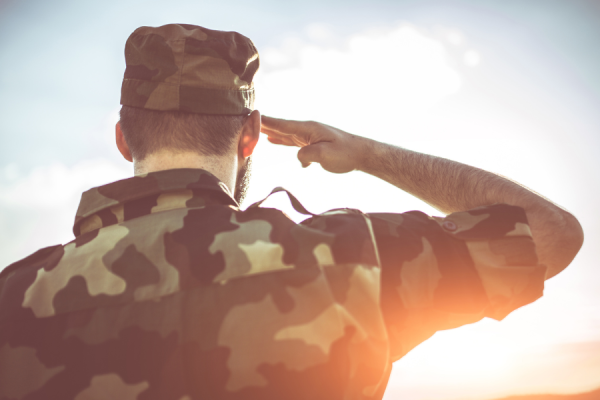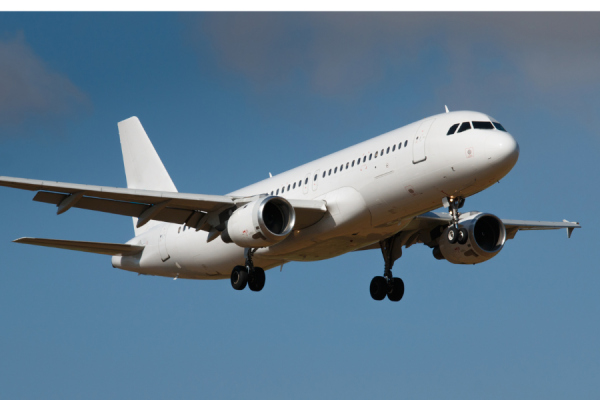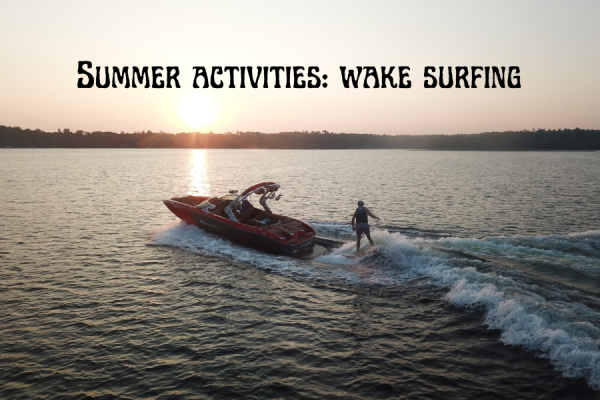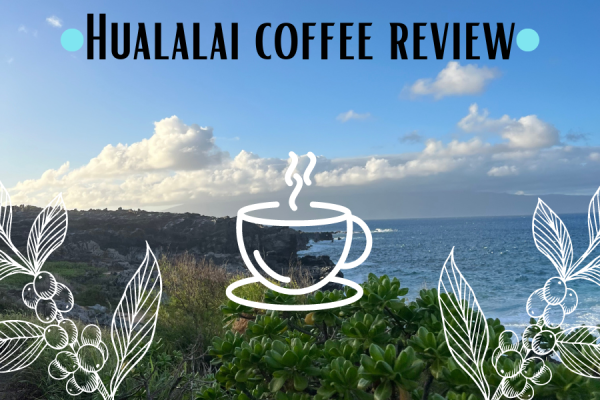Puerto Rico after Maria: 6 months later
Last year there was a string of hurricanes that hit the US causing widespread devastation
Six months after the devastation of the category five hurricane, Maria, that hit Puerto Rico, recuperation has been slow and underfunded for the residents there.
121,000 Puerto Ricans have remained without power since Maria. The destruction of the hurricane brought devastating flooding and mudslides, and has kept the inhabitants without proper telecommunication systems for months.
The New York Times published a review of data in December of the daily mortality rates before and after Maria. The government has only recognized 64 deaths in relation to Maria, but Puerto Ricos vital statistics bureau showed that in the 42 days after the hurricane 1052 more people than normal died across the US territory.
Though slow, there has been some progress on the island. 92% of customers in Puerto Rico have had their power repaired and 95% of cell sites are back in working order. Along with this, the nonprofit disaster relief organization, All Hands and Hearts, has set up sites for people to live and work after the hurricane with 90 people currently living in an abandoned school building. Several volunteers and workers have also gone out to fix roofs of people in need around the island.
In Corozal, Puerto Rico, the toll of the hurricane is still a reality for the lives of the population there. Levid Ortiz, an operator of local nonprofit PR4PR, had over 250 residents lined up to receive food and water. In this line was Keishla Quiles who told the Washington Post, “Since we’re a family of few resources, we have not been able to afford a generator… it’s been hard living like this.”
“It’s been hard living like this.”
— Keisha Quile
Mental health declines have also been associated with Maria. Magdaliz Medina, a 42 year old woman, who lost power and water since the hurricane, told USA today, “I sit and cry all day… I was depressed before the storm. Maria made it worse.” Suicide hotline calls have doubled after Maria, with San Juan receiving 500 to 600 calls every day.
Recent accusations of mismanagement and corruption in the local energy companies has further complicated the relief process, with the House Committee on Natural Resources investigating Puerto Rico’s Electric Power Authority for claims of oversights by the company.
Michelle Torres, who moved to New York after Maria, talked to NBC news about her situation in Puerto Rico saying, “We are Americans, and the aid has not arrived as it should.” Torres has to choose between moving back to Puerto Rico, where she would have no power or stay in New York, where she would have to live in a shelter. She, along with many others, have decided to join a rally in DC to force the pain Puerto Rico is still facing into American headlines.
Ana Maria Archila, the co-executive director of the Center for Popular Democracy, a group who push for social and economic equality, said this of the rally to NBC News: “People are living through this in FEMA hotels, unclear whether they are being kicked out. They are desperate… They are here because they want to call attention to this story.”
They are desperate… They are here because they want to call attention to this story.
— Ana Maria Archilla
Emma Rasmussen is a senior at Sartell High School. She has an affinity for the arts, such as writing and painting. Her favorite musicians are Elton John,...



